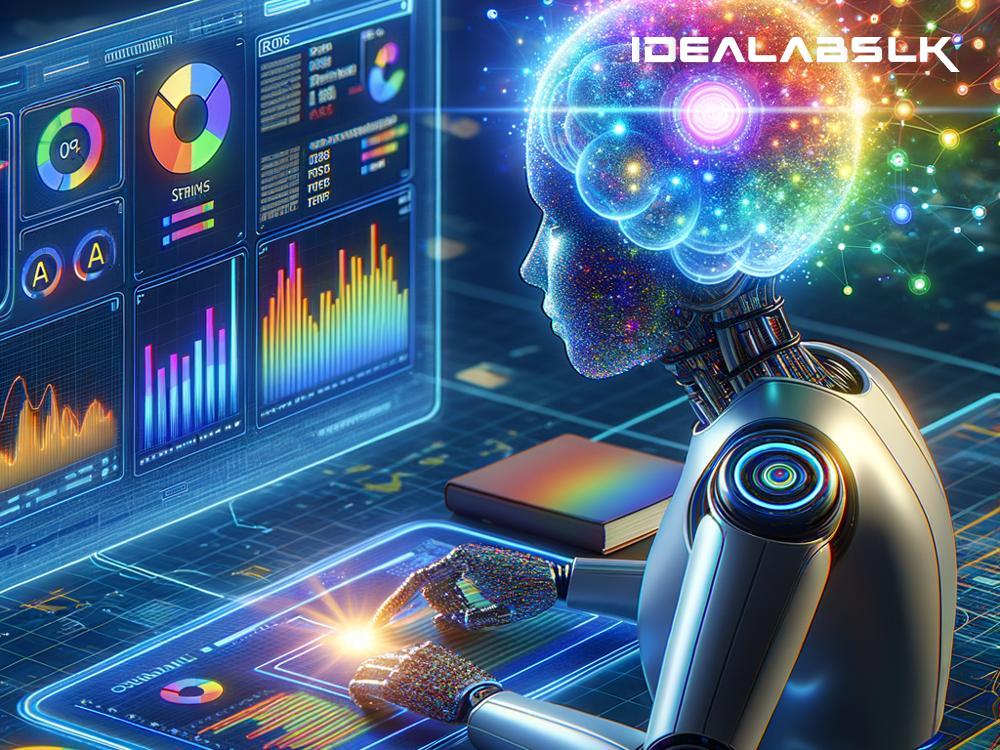The Future of Automation in Content Recommendations: A Simple Overview
In the rapidly advancing digital age, the way we discover, consume, and interact with content is being transformed by automation. The future of automation in content recommendations is not just an upcoming trend; it's already unfolding before our eyes, promising a more personalized, efficient, and engaging experience for users across the globe. This article explores what this future looks like, the technologies driving this change, and how it affects both content creators and consumers.
Understanding Content Recommendations
Before diving into the future, let's understand what content recommendations are. Simply put, content recommendations are suggestions made by platforms about what to watch, read, listen to, or buy next, based on your previous interactions. These can be found on streaming services like Netflix, e-commerce sites like Amazon, and social media platforms like Facebook.
How Automation is Changing the Game
In the past, recommendations were often manually curated by teams who would select and categorize content based on its popularity or relevance. Today, automation is taking over this task, using sophisticated algorithms and machine learning techniques to analyze user data and predict what content they will likely enjoy next. This automation is not only faster and more efficient but also able to deliver highly personalized content recommendations that manual methods could never achieve.
The Evolution into a Personalized Experience
The key to the future of content recommendations lies in personalization. Automation technologies are evolving to understand individual preferences, behaviors, and even moods. They're moving beyond analyzing what you've watched or purchased before, incorporating a variety of data points like the time of day you’re most active, the devices you use, and how you interact with different types of content.
Imagine watching a movie on a streaming service and, afterwards, getting recommendations not just for similar movies but for books, articles, and podcasts related to the movie's themes and genres, timed perfectly for your usual movie-watching hours. This level of personalization is where the future of automation in content recommendations is heading.
The Role of AI and Machine Learning
At the heart of this revolution are Artificial Intelligence (AI) and Machine Learning (ML). These technologies allow systems to learn from user data, improving recommendations over time without human intervention. With each interaction, the algorithm becomes better at predicting what you'll enjoy next, crafting a unique content discovery experience for every user.
Moreover, advancements in Natural Language Processing (NLP) enable AI to understand content at a deeper level, identifying themes, sentiments, and even the emotional tone, ensuring that the recommendations align not just with your interests but also with your current mood or needs.
Opportunities and Challenges Ahead
The future of automation in content recommendations holds immense potential, from opening new avenues for discovering content to helping creators reach the most interested audiences. However, it also poses challenges that need to be addressed.
Privacy concerns are at the forefront. With machines having access to vast amounts of personal data, ensuring that this information is used responsibly and protected against misuse is paramount. Moreover, creating algorithms that are not just efficient but also fair and unbiased is a significant challenge, given that they learn from historical data which may carry inherent biases.
What Does This Mean for You?
For consumers, the future promises an ever-improving experience of discovering content that resonates on a personal level, saving time and enhancing enjoyment. But, it also means being aware and cautious about the amount and type of data you share online.
For content creators and marketers, the future offers unprecedented opportunities to connect their content with the right audience, but it also requires staying up-to-date with technological advancements and understanding the algorithms that drive content recommendations.
Conclusion
The future of automation in content recommendations is full of possibilities, driven by advancements in AI and ML that promise more personalized, efficient, and engaging content discovery experiences. As we navigate this future, balancing the benefits of automation with concerns around privacy and bias will be crucial. For both consumers and creators, understanding and adapting to these changes will be key to making the most of what the future holds.
In the end, as we delve deeper into the realm of personalized content recommendations, the aim is not just to make our digital experiences more convenient but to enrich our lives with content that informs, entertains, and inspires us in unique ways. Automation is not just changing how we find content; it's redefining our relationship with information and entertainment in the digital age.

